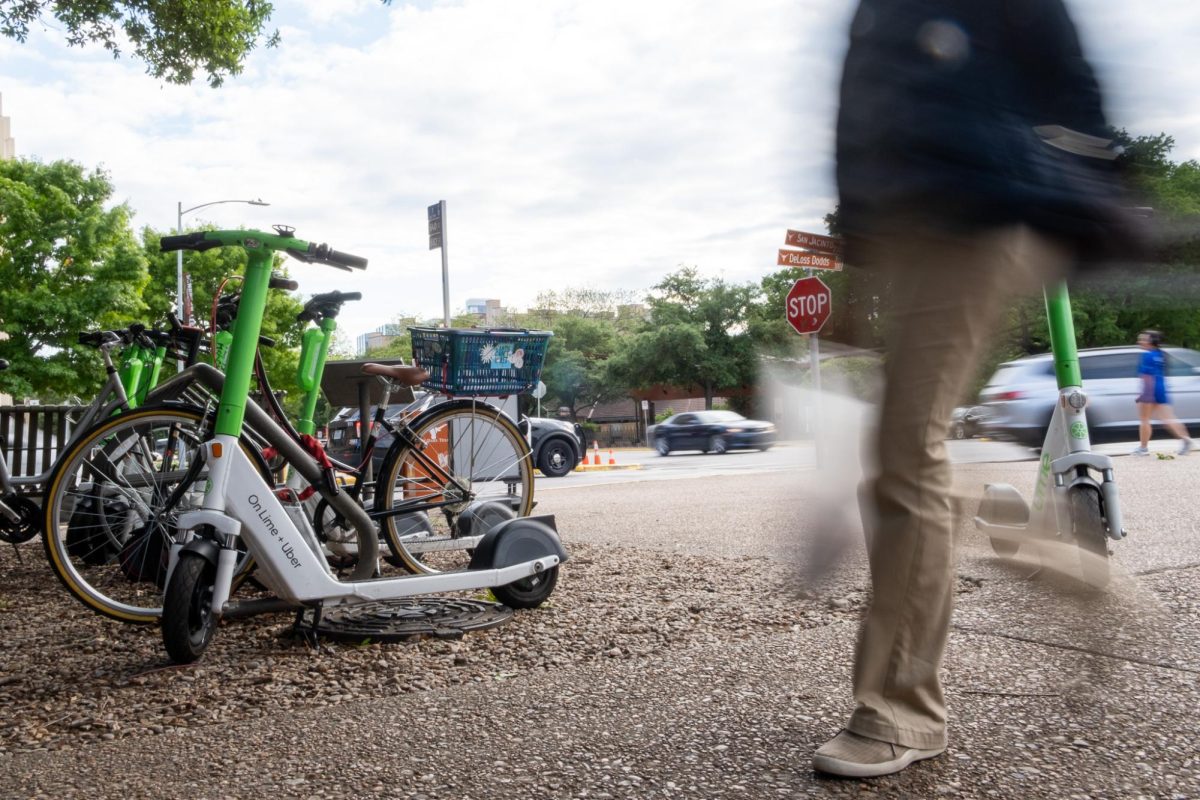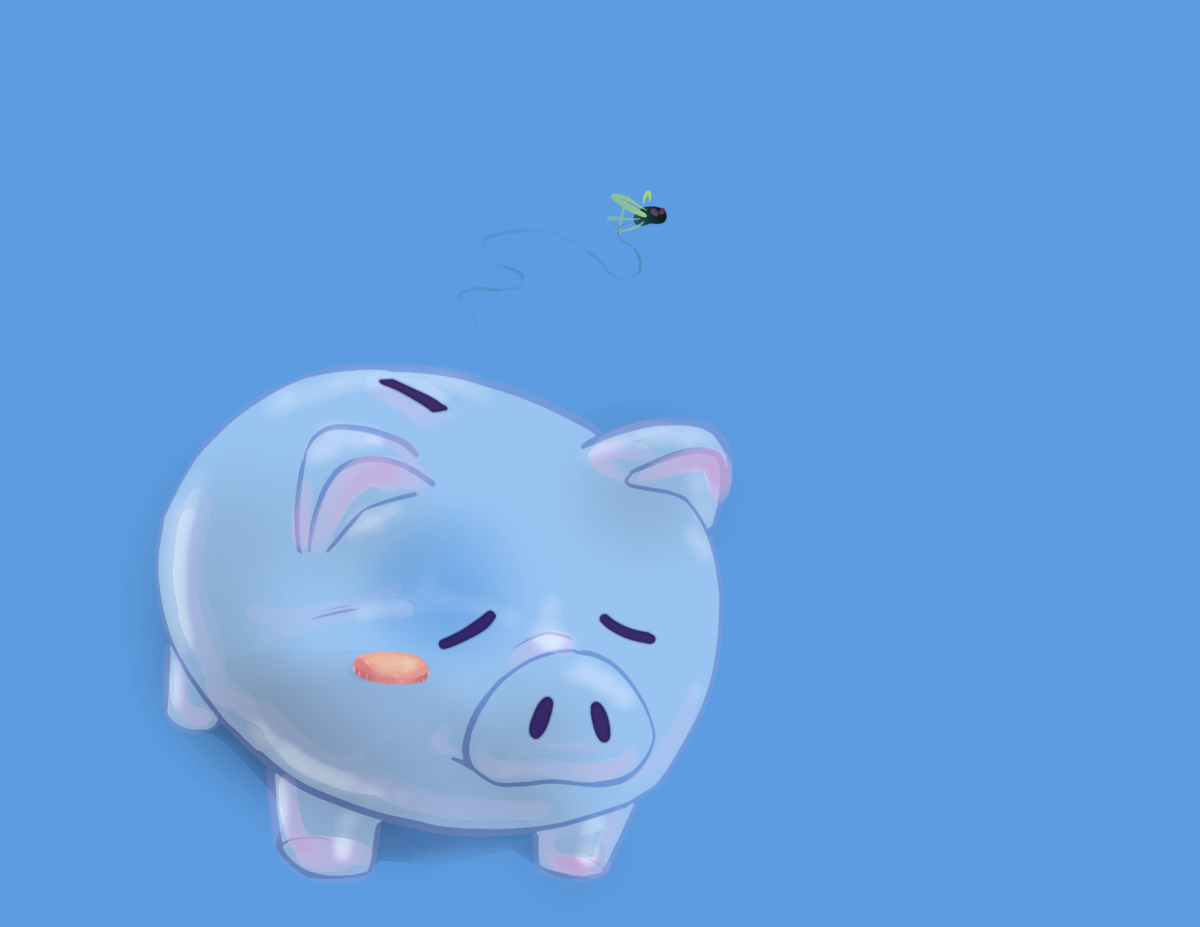Austin Transportation and Public Works implemented new regulations on April 1 for electric scooters, including allowing only Lime and Bird scooters to operate within the city, after ongoing challenges surrounding safety and accessibility.
The number of e-scooters in the city dropped from 14,000 to 8,700 last fall after the departure of the scooter vendor Link, TPW director Richard Mendoza said at a Mobility Committee meeting. The new regulations reduce that amount to just 6,700 in the city with only 2,250 in the downtown area, he said.
The city has no plans to expand the number of scooter vendors and will also reduce maximum speeds from 15 mph to 10 mph during late night hours in order to address scooter-related injuries, Mendoza said. People using scooters late at night after leaving bars are often not operating at full capacity, he said, and higher e-scooter speeds can be dangerous for them.
“These things really need your full attention when you’re out there mixing it up with traffic,” Mendoza said. “Trauma centers were observing a number of serious head injuries that were attributable to scooters.”
E-scooters make up a small fraction of incidents and have a “minimal impact” on the medical system, according to 2023 data from Austin-Travis County Emergency Medical Services. Of those e-scooter incidents, head and face injuries were the largest percentage of cases.
Council member Zo Qadri said at the meeting that the council receives a large amount of e-scooter complaints, and applauded the efforts to reduce related injuries. While the overall number will be reduced, Mendoza said the department will make special allowances for e-scooter quantities during periods of high usage like Austin City Limits or South by Southwest.
“I am not anti-scooter, and I understand that in terms of providing a service, especially with regards to last-mile connectivity, this recent asset and service has filled a very valuable space for our community,” Mendoza said. “However, with anything new there’s a period of adjustment, and there’s an experience of perhaps unintended challenges that we’ve been encountering.”
Civil engineering senior Donovan Meade said his issue with e-scooters is the amount parked on campus. The University restricts where e-scooters can be parked, and they usually end up around bike racks which can make it difficult for cyclists to access bike parking, he said.
Meade said reducing the number of e-scooters is probably a good thing, and reducing speeds might help minimize crash damage. However, despite their parking issues, he said e-scooters are beneficial overall because they expand the transportation network and provide more options for people of all abilities.
“These e-scooters from Lime and Bird and other companies are definitely a helpful addition to the overall network,” Meade said. “They’re relatively cheaply priced at a fair price. They are very accessible, not too difficult to learn how to ride. They’re very flexible and easy to acquire.”














